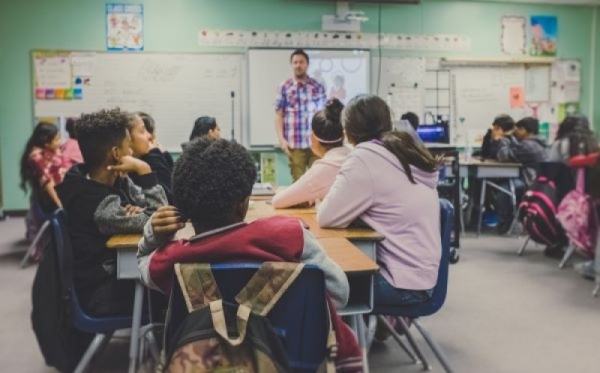Global Citizenship Education (GCE) is a type of education that can be applied both to the school context and to non-formal educational contexts. This practice uses a multifaceted approach, using ideas, methodologies and theories already applied in different fields and topics, including human rights education, education for peace, education for sustainable development and education for international understanding.
In this article we have collected seven keys to learn more about Global Citizenship Education:
- It guides learning towards goals that are already included in the curriculum.
- It entails three core conceptual dimensions related to the main domains of learning: cognitive, socio-emotional and behavioural.
- It aims to be transformative, building the knowledge, skills, values and attitudes that learners need to be able to contribute to a more inclusive, just and peaceful world.
- Applies a lifelong learning perspective, beginning from early childhood and continuing through all levels of education and into adulthood.
- It refers to a sense of belonging to a broader community and common humanity.
- It emphasises interdependency and interconnectedness between the local, the national and the global.
- It seeks to generate a culture of solidarity and enables actions for human and sustainable development.
Read the original article from Get Up and Goals Spain.
-
Be involved!
Are you a student or teacher and would like to take part in Get Up and Goals!?
Follow us on Facebook, subscribe to our Newsletter, keep in touch and be part of our movement to reach the 17 SDGs and spread the Global Citizen Education!




